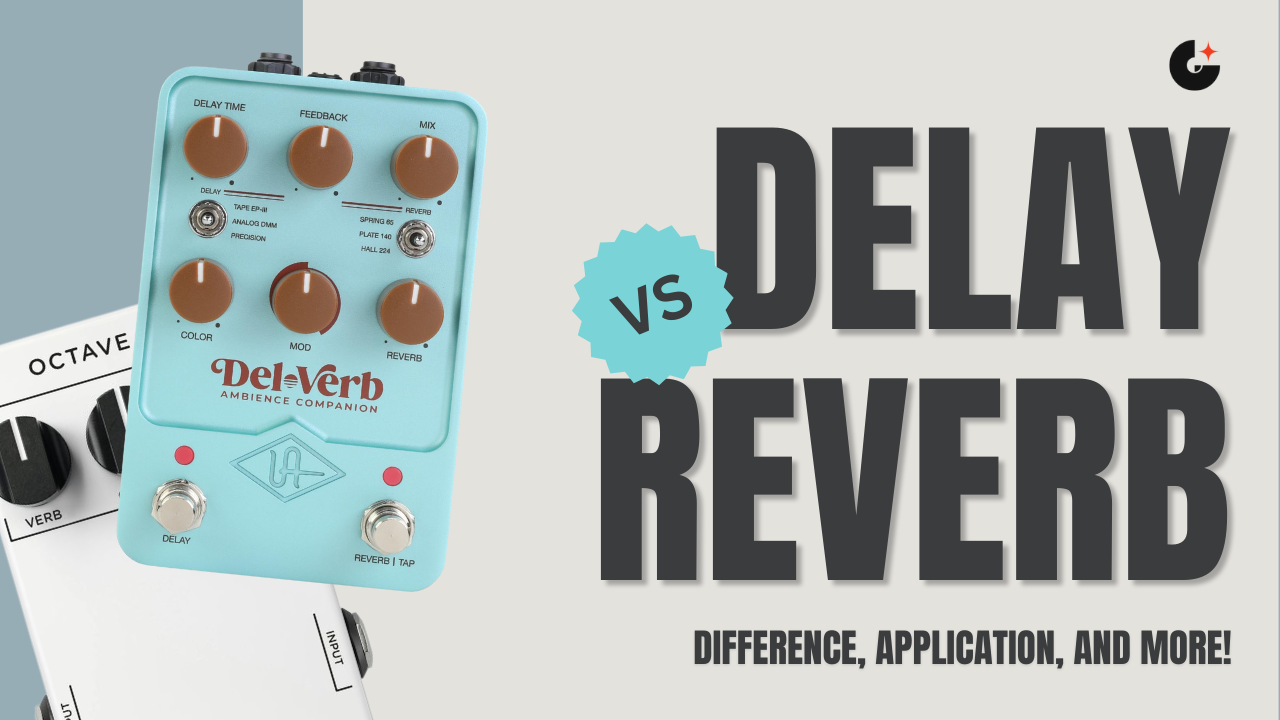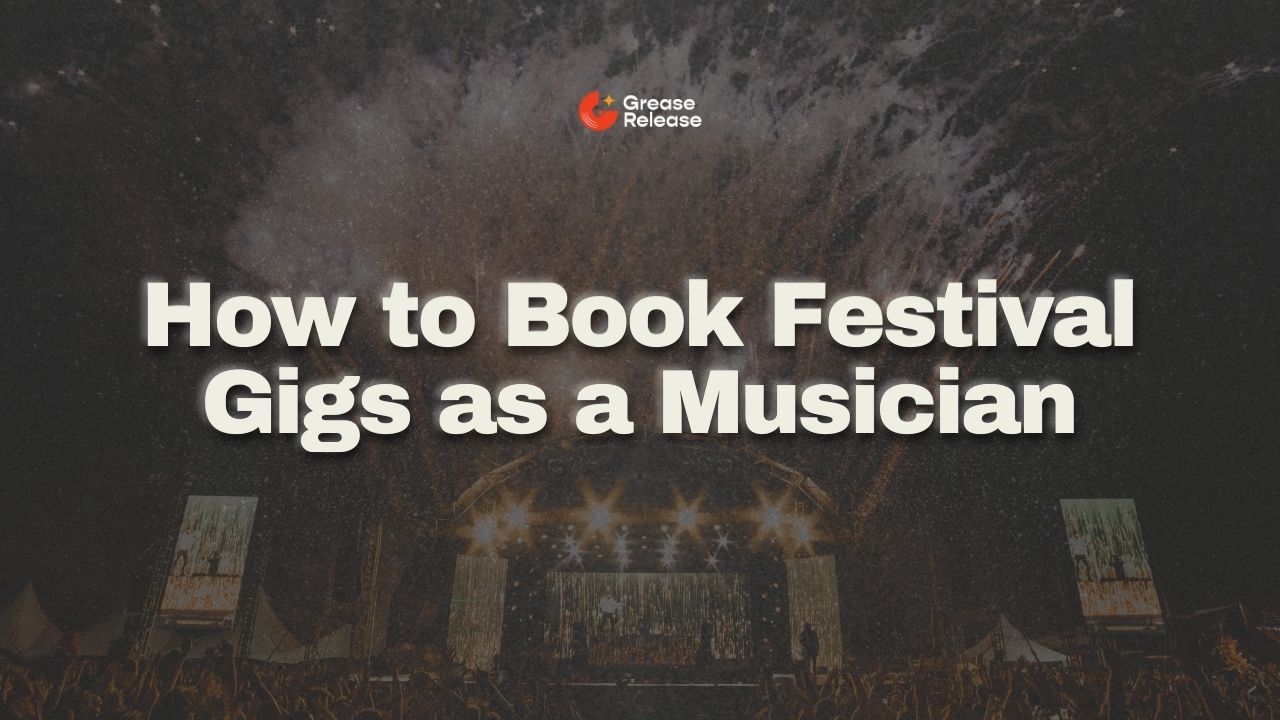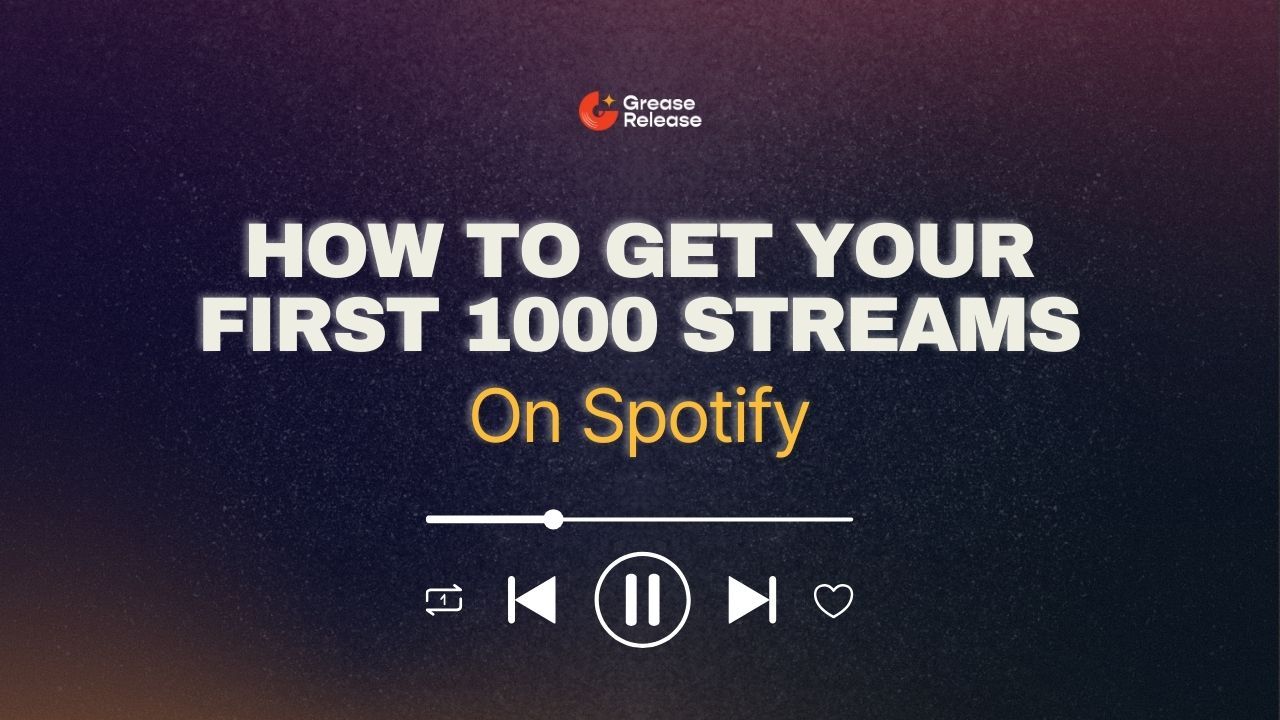
Songwriting 101: 7 Tips That Help
Dec 16, 2024How to Write a Song 101: Can AI Help You?
Songwriting is an exciting yet challenging process that combines creativity, storytelling, and musical expertise. Whether you’re wondering how to write a song from scratch or experimenting with songwriting AI, today’s tools offer endless possibilities. This guide explores traditional and AI-driven songwriting techniques, showing you how to make the most of both methods to craft memorable and impactful songs.
We’ll be taking a look at the following:
What Are the Basics of Songwriting?
Songwriting begins with identifying strong songwriting topics and building a narrative. A great song often tells a story, evokes emotion, or delivers a catchy melody. Here’s how to start:
- Choose a Theme: Think about emotions, personal experiences, or universal ideas like love, heartbreak, or hope.
- Structure Your Song: Use a common format—verse, chorus, verse, chorus, bridge, and final chorus.
- Pen Down Unique Lyrics: Focus on lyric writing that resonates with listeners while standing out from the crowd.
Pro Tip: Carry a notebook or use a notes app to jot down lyric ideas whenever inspiration strikes.
How to Write a Song Without AI?
For those seeking traditional approaches to songwriting, here’s a roadmap:
- Brainstorm Ideas: Start with a word, phrase, or melody that sparks inspiration to tell a story.
- Experiment with Chords and Melodies: Create a mood that complements your lyrics.
- Polish Your Work: Edit and refine until your song flows seamlessly.

Example: Taylor Swift often begins with personal experiences of heartbreak and love, transforming them into universal themes that resonate with her audience.
Pro Tip: Collaborate with a co-writer to expand your creative horizons.
What Are Songwriting AI Tools, and How Do They Work?
AI tools are transforming the way musicians approach lyric writing and song creation.
- Lyric Generators: Tools like ChatGPT suggest words, phrases, and rhymes to overcome writer’s block.
- Music Composition Tools: Platforms like Amper Music create instrumental tracks for inspiration.
Pro Tip: Use AI to generate ideas but always infuse your lyrics with personal emotion.
What Is Suno.ai, and Is It Helpful for Musicians?
Suno.ai is an emerging AI tool designed specifically for audio content creation. This tool allows musicians to experiment with melodies, harmonies, and even lyrical patterns using generative AI. It claims to simplify the songwriting process by providing instant suggestions based on input prompts, making it particularly appealing to indie artists and beginners.

While it offers exciting possibilities, some musicians worry that tools like Suno.ai might overly standardize creative output. However, when used alongside personal insights and unique storytelling, Suno.ai can serve as a powerful supplement rather than a replacement.
Music AI Tools to Check Out
Beyond lyric generators and composition tools, here are more AI platforms that cater to musicians:
- LANDR: Offers mastering, collaboration tools, and a variety of AI features for refining tracks.

- Endlesss: A collaborative AI music-making app that allows artists to create loops and tracks together in real time.
- Boomy: Enables users to create entire songs from scratch using AI, making it a go-to for beginners in electronic music.
- Humtap: Simplifies music creation by turning vocal ideas into full tracks.
- Soundraw: Specializes in AI-generated music tailored for video content creators, but it’s a great source of inspiration for musicians too.
AI in music creation is undoubtedly a double-edged sword. On one hand, it democratizes access to professional tools, enabling even amateur bedroom musicians to produce quality songs. On the other hand, the human element—the raw emotion, lived experience, and storytelling—remains irreplaceable.
AI is best seen as an assistant, not a creator. The heart of a great song lies in its ability to evoke feelings, and that’s something AI cannot fully replicate—at least not yet.
FAQs
How do I choose songwriting topics?
Choose topics that resonate with you and your audience. Think of relatable themes like love, ambition, or overcoming challenges.
Can AI write a complete song?
Yes, but the results may lack emotional depth. Use AI-generated ideas as a foundation to build on.
What are the best tools for lyric writing?
Popular tools include ChatGPT, Amper Music, and LyricStudio for generating ideas and overcoming writer’s block.
How do I know if my song is good enough?
Test your song by sharing it with trusted peers or performing it live. Honest feedback is invaluable.
Our Final Thoughts
Songwriting tips vary widely, but combining traditional creativity with songwriting AI offers a powerful toolkit for musicians. Whether you’re an indie artist or an established songwriter, experimenting with both approaches can lead to breakthroughs. So, the next time you ask yourself how to make a song, remember that the tools are just starting points—the magic comes from your creativity.
We at GreaseRelease, have a bunch of curators on our network who are looking for new & exciting music to push on their massive playlists. If you make music and want to reach a wider audience, check out our submission platform and get a chance to reach millions of listeners! Submit your tracks now!
Don't miss my newsletter!
Join me on a music entrepreneurship journey with new tips and tricks delivered straight to your inbox.
We hate SPAM. We will never sell your information, for any reason.




